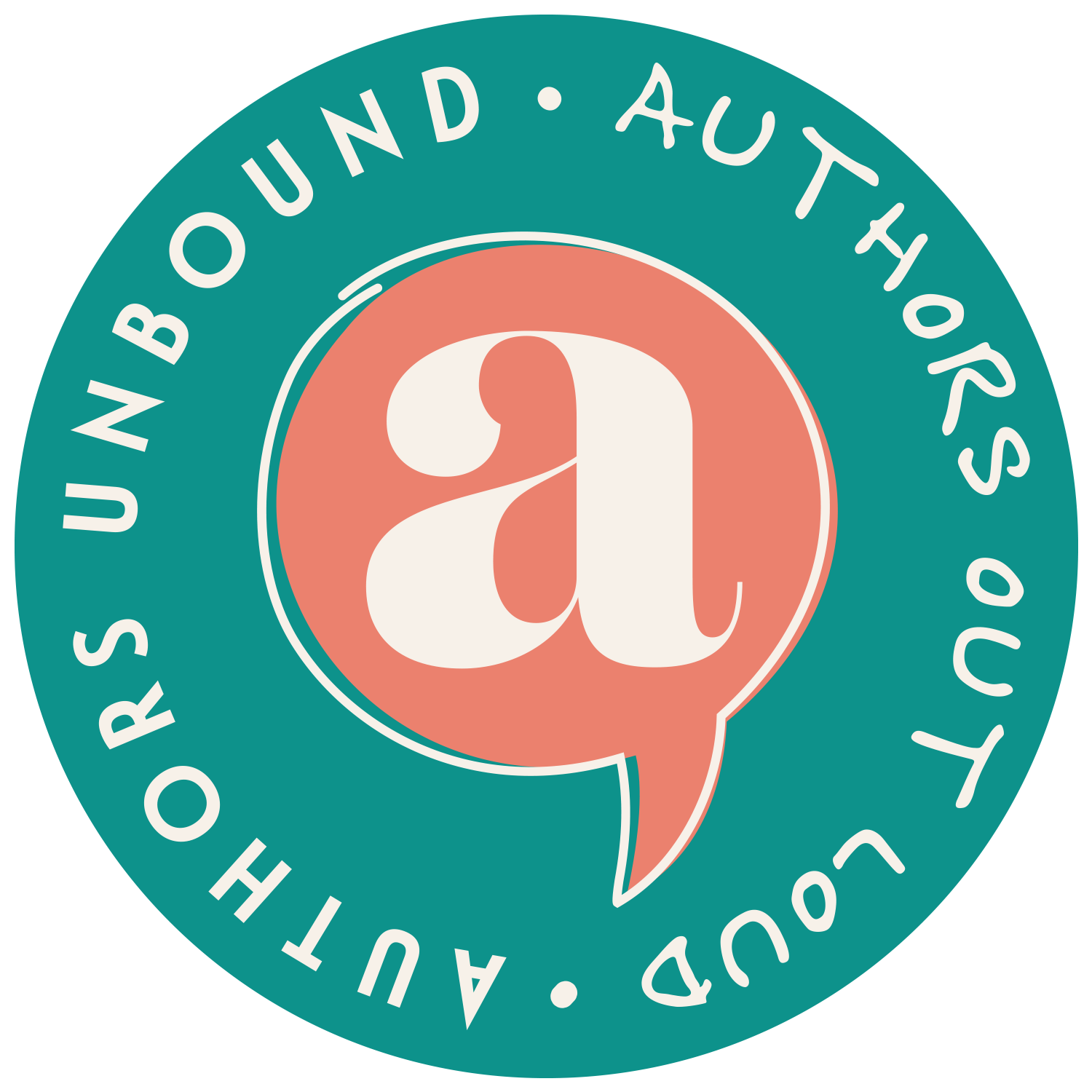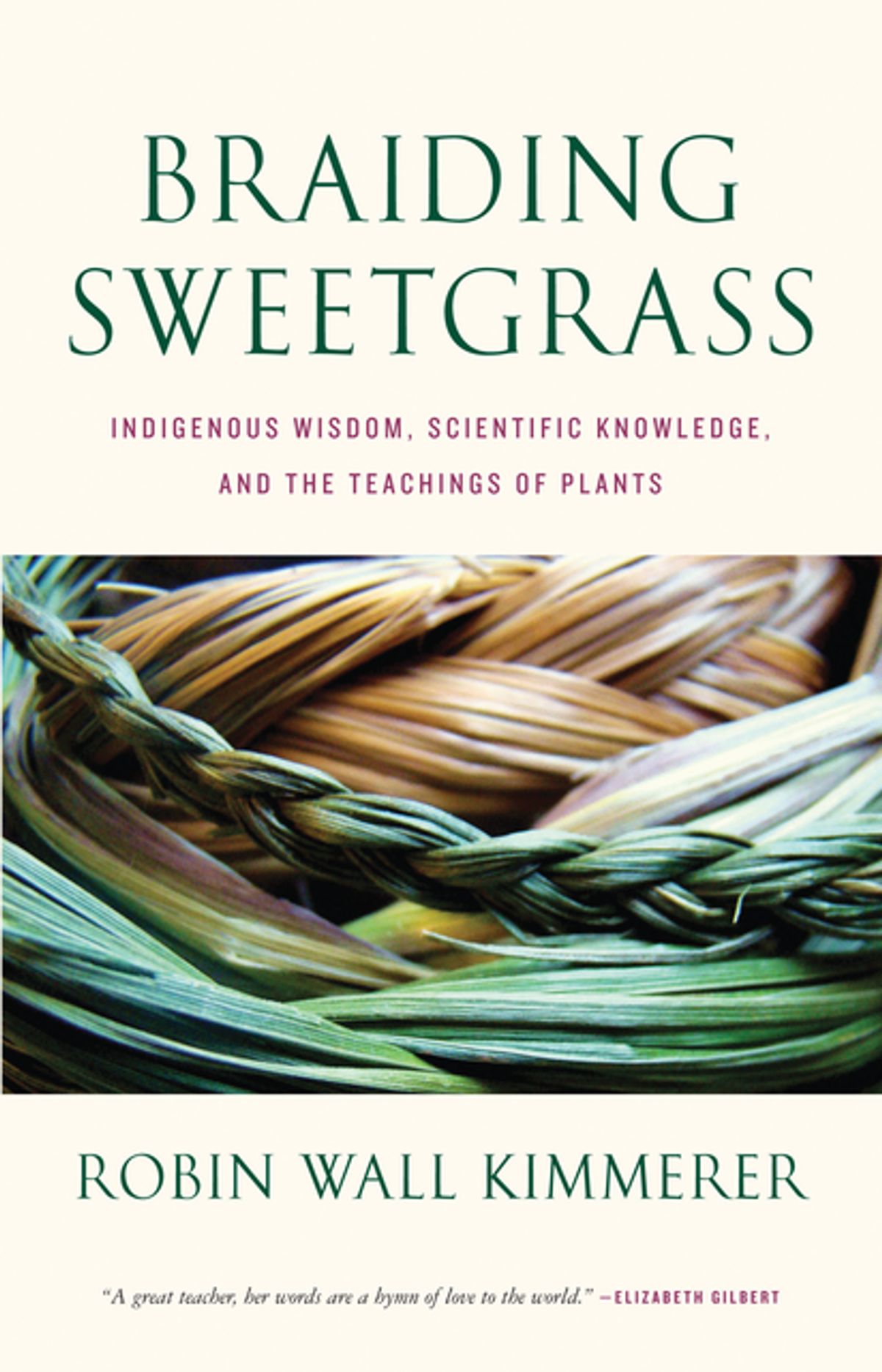Courtesy of the Science Friday
September 23, 2022
Robin Wall Kimmerer Wants To Extend The Grammar Of Animacy
How our scientific perspective of a bay changes when language frames it as a verb—to be a bay—instead of a noun.
by Robin Wall Kimmerer, on September 23, 2022
My sister’s gift to me one Christmas was a set of magnetic tiles for the refrigerator in Ojibwe, or Anishinabemowin, a language closely related to Potawatomi. I spread them out on my kitchen table looking for familiar words, but the more I looked, the more worried I got. Among the hundred or more tiles, there was but a single word that I recognized: megwech, thank you. The small feeling of accomplishment from months of study evaporated in a moment.
I remember paging through the Ojibwe dictionary she sent, trying to decipher the tiles, but the spellings didn’t always match and the print was too small and there are way too many variations on a single word and I was feeling that this was just way too hard. The threads in my brain knotted and the harder I tried, the tighter they became. Pages blurred and my eyes settled on a word—a verb, of course: “to be a Saturday.” Pfft! I threw down the book. Since when is Saturday a verb? Everyone knows it’s a noun. I grabbed the dictionary and flipped more pages and all kinds of things seemed to be verbs: “to be a hill,” “to be red,” “to be a long sandy stretch of beach,” and then my finger rested on wiikwegamaa: “to be a bay.” “Ridiculous!” I ranted in my head. “There is no reason to make it so complicated. No wonder no one speaks it. A cumbersome language, impossible to learn, and more than that, it’s all wrong. A bay is most definitely a person, place, or thing—a noun and not a verb.” I was ready to give up. I’d learned a few words, done my duty to the language that was taken from my grandfather. Oh, the ghosts of the missionaries in the boarding schools must have been rubbing their hands in glee at my frustration. “She’s going to surrender,” they said.
Read the full story here.




